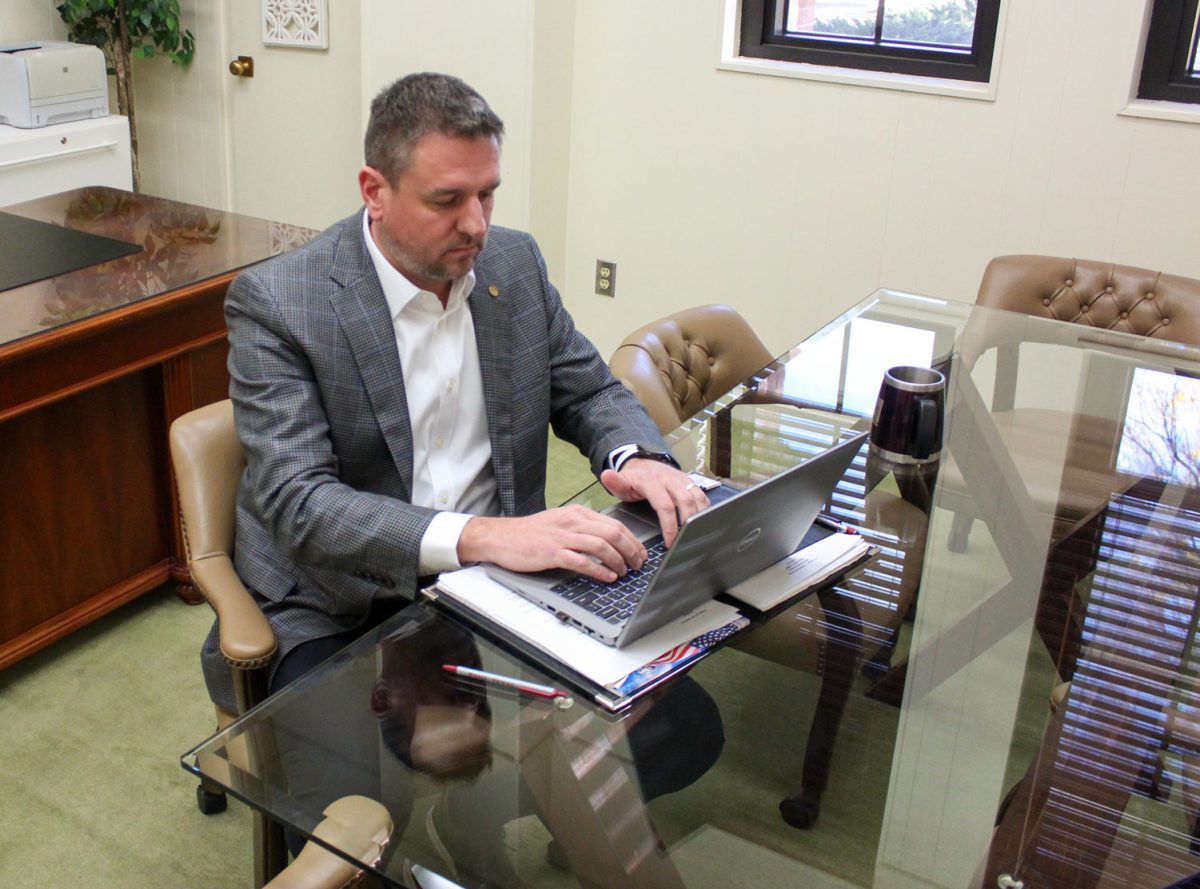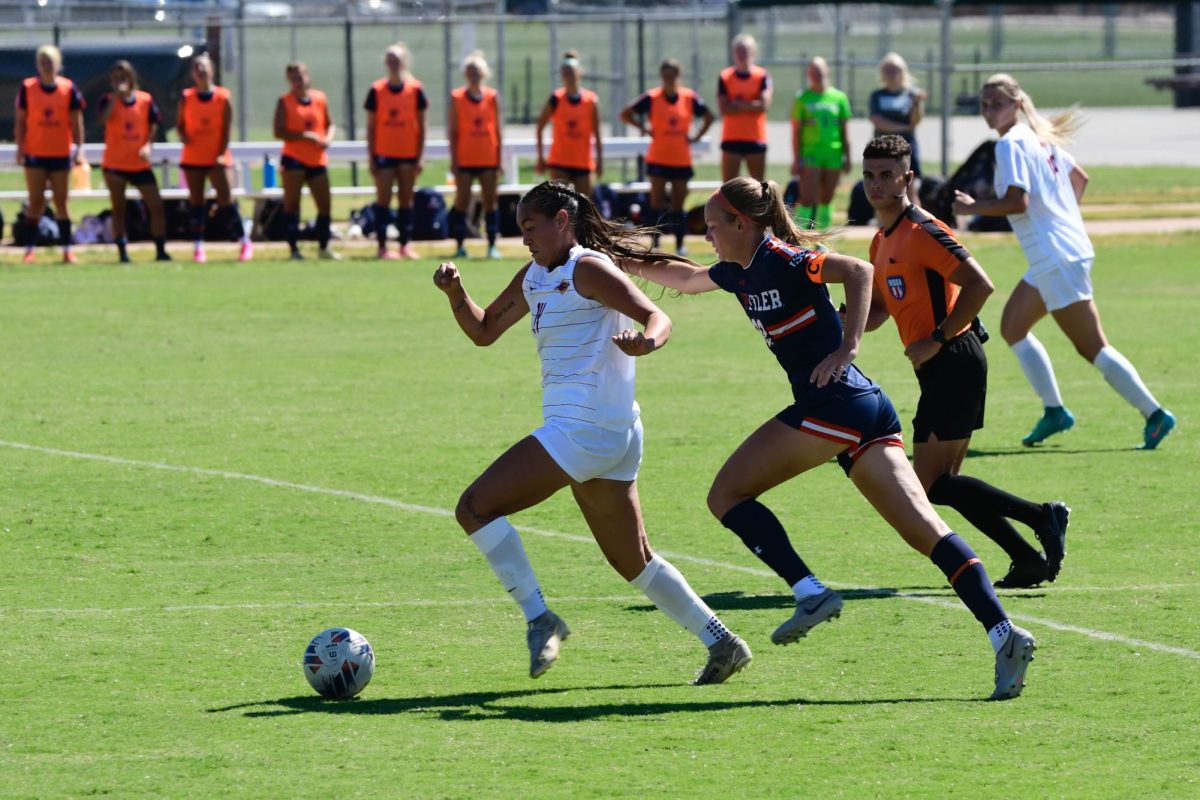The Association for Disability Advocacy is bringing attention to student disabilities.
Although the original organization dissolved for a few years, the ADA was revamped in fall of 2011 and is ready to serve the needs of the university and its students.
“Last year I worked closely with several students to get it re-activated,” said Debra Higginbotham, the ADA’s advisor. “Basically, the feel was we have so many students on campus with a disability (and/or close family members with disabilities) and this was a way to put a ‘face’ on the issue.”
Higginbotham, director of the disability support services, said she works to give all students equality and acceptance while trying to keep students informed of all disabilities.
One of the students that Higginbotham worked with was Nicholas Laske, the president of the ADA.
Laske first became interested in the group out of his own experiences with the learning disability center on campus.
“The disability services on campus help me so much,” said Laske. “I jumped at the chance to help start this organization.”
Though the main goal of the ADA is to help raise awareness on campus, Laske said the secondary goal is to provide a place for students to gather and support each other and their friends that may have disabilities or that are interesting in learning more about different disabilities.
“The importance of promoting disability awareness to this campus is to help people understand that everybody is made differently,” said Laske.
Another key component of the ADA is to help fix mechanical problems that occur on the campus that affect disabled students.
One example of the problems that affect disabled students are automatic doors that do not fully operate, which causes difficulty for some students.
The group also hopes to increase their membership through various events, such as organizing fundraisers for local children who have physical, mental or learning disabilities.
Laske said ADA is not only reaching out to the community, but they are also reaching out to the campus.
“We are supposed to be putting on an event this month where students can simulate a disability and try to perform a task to show how hard some tasks are and the learning curve involved in overcoming them,” Timothy Fullagar, ADA treasurer, said.
The ADA’s presence on campus will help all students to fully grasp what it means to be disabled and how disabled students, though faced with challenges that others may not have, are like any other person.
“We want to show people with disabilities that it’s not something to be ashamed of, but something to be embraced,” Laske said.












